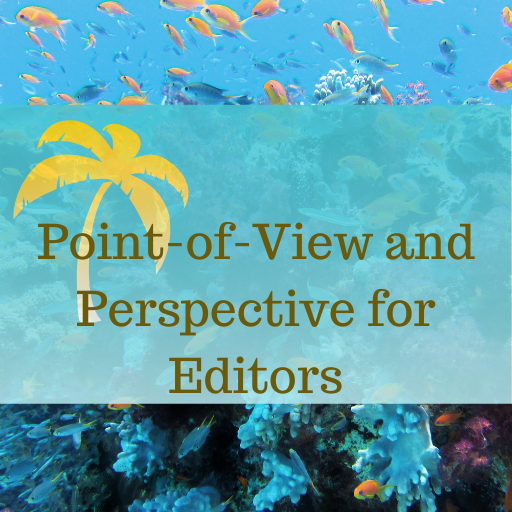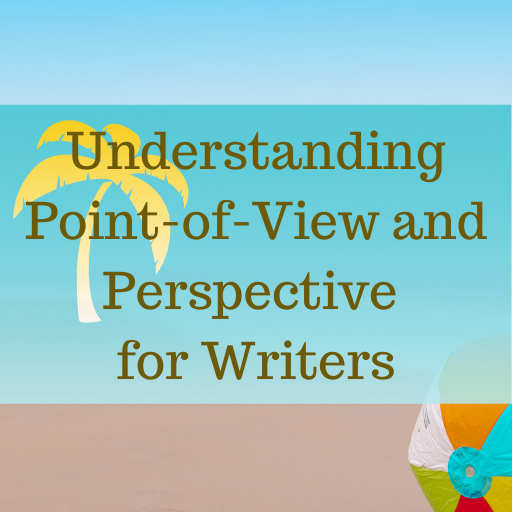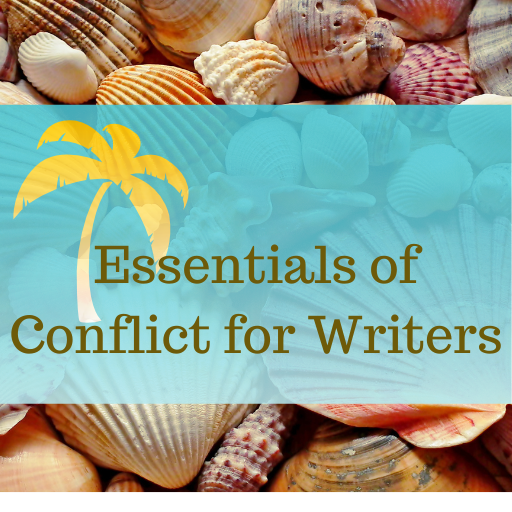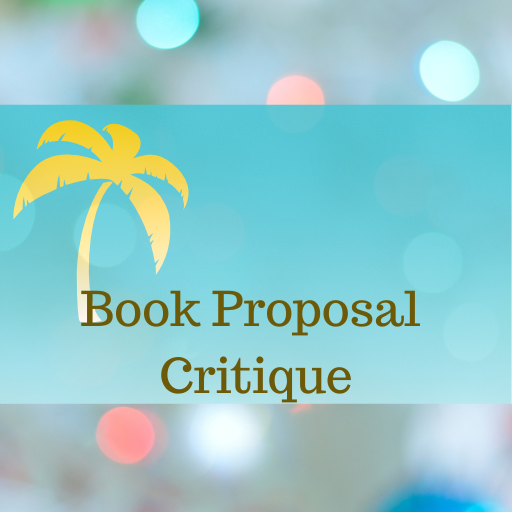What you’re (probably) doing wrong in your novel
I want to share some self-editing tips for fiction writers to help you fix issues in your novel before you hand it off to an editor.
Self-editing Tips for Fiction Writers – Common Problems & Solutions
As a developmental editor, I see some common problems in manuscripts written by newer authors. If you’re revising (self-editing) your novel, look for these problems:
- Starting in the wrong place. Try starting in Chapter 3 or 4 and see if the pacing doesn’t improve. Authors often spend the first few chapters trying to figure out what the story problem is and where the story is going. You may need to do that, but the reader probably doesn’t need to read it.
- Having no clear central conflict. This is common when writers write to explore a situation or theme or when a protagonist is too passive. Conflict drives narrative. Try describing the central conflict of your novel. Think of it as X versus Y or Goal but Challenge: Jerome must race against time and Mother Nature to make it Nome with the life-saving medication. Marian wants to win the Iditarod but her ex-boyfriend will do anything to stop her. If you can’t do this, you need to sharpen your conflict.
- Doing too much info-dumping (this is related to #1). If every time you introduce a new character, you give five pages of backstory about that character, you’re info-dumping. As a colleague of mine once told me, “Cut all backstory in half, then cut it in half again. That’ll be about right.”
- Starting your protagonist too close to the end of their character arc. Readers aren’t interested in reading about how a really good student got into Harvard. They want to read about someone who had to struggle against all odds, maybe even including their own terrible study habits, to succeed. (Assuming one equates “got into Harvard” with “success.”)
- Not exerting control over perspective. If you’re writing in third person, this often results in head-hopping, where the story jumps from one character’s viewpoint to another without rhyme or reason. In first, it can lead to long digressive passages that read like stream-of-consciousness. In both cases, authors sometimes try to get the perspective to do something it can’t do.
A class can help! Try Foundations of Storytelling for Writers, Understanding Point-of-View and Perspective for Writers and/or Essentials of Conflict for Writers. For the editor’s point-of-view, you might like Understanding Goal-Motivation-Conflict for Editors.
Tips for Editors & Writers
-
How to Create Defensible Edits
As a developmental editor, you need to know how to create defensible edits of a manuscript to help authors put out their best work. Tips for How to Create Defensible Edits When you’re doing a developmental edit—looking at the big-picture overview of a novel—you’ll generally be expected to provide two main services: The editing on…
-
When Is a Book Ready for Editing?
Both authors and editors have the same question at some point in the book writing / publishing process: When is a book ready for editing? So When IS a Book Ready for Editing? The creative process is not timely and linear, which is why, as an editor, I don’t book edits before an author’s manuscript…
-
Effective Client Communication for Book Editors
Managing client expectations is necessary for a successful business so here are my tips for effective client communication for book editors. My Top Tip for Effective Client Communication for Book Editors One way to avoid an unhappy client is to communicate all relevant information from the very beginning of your relationship with them. Clearly stated…
Join the Club!
New to story editing? Begin at the beginning.







